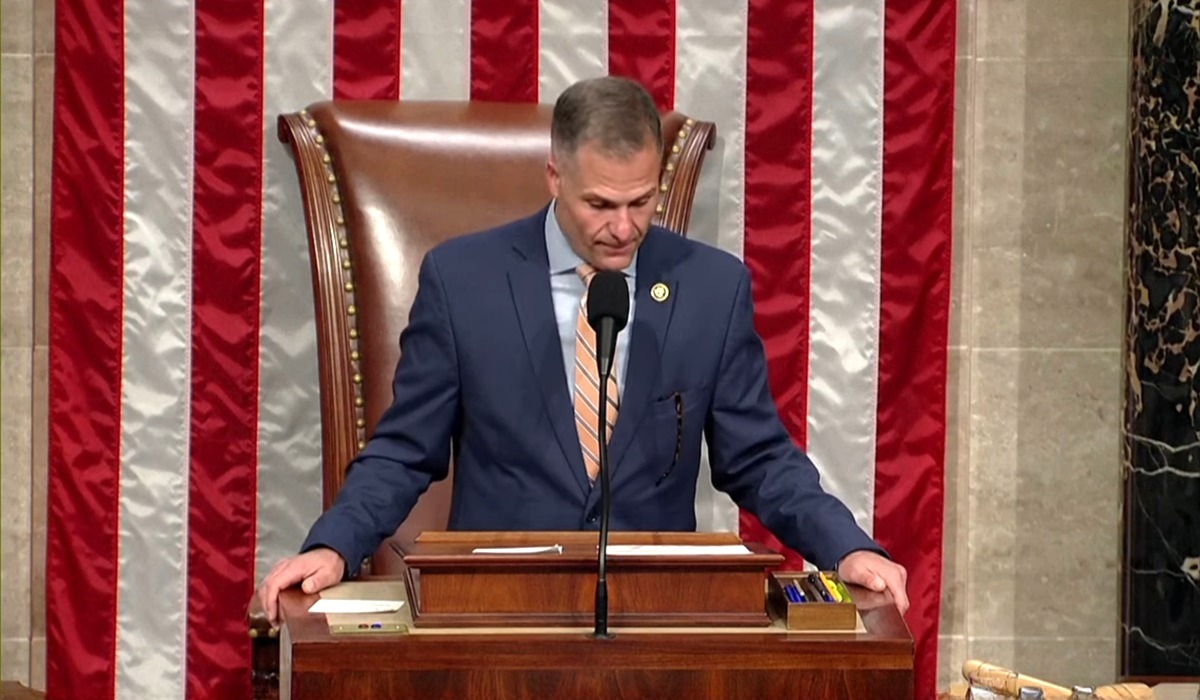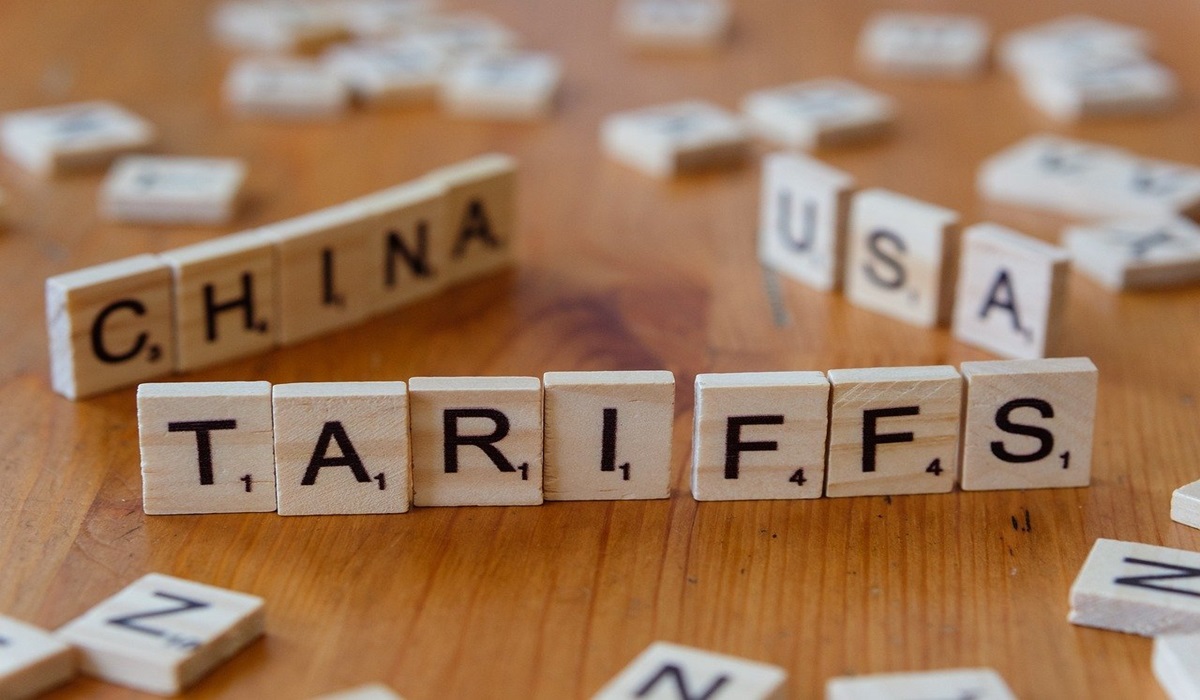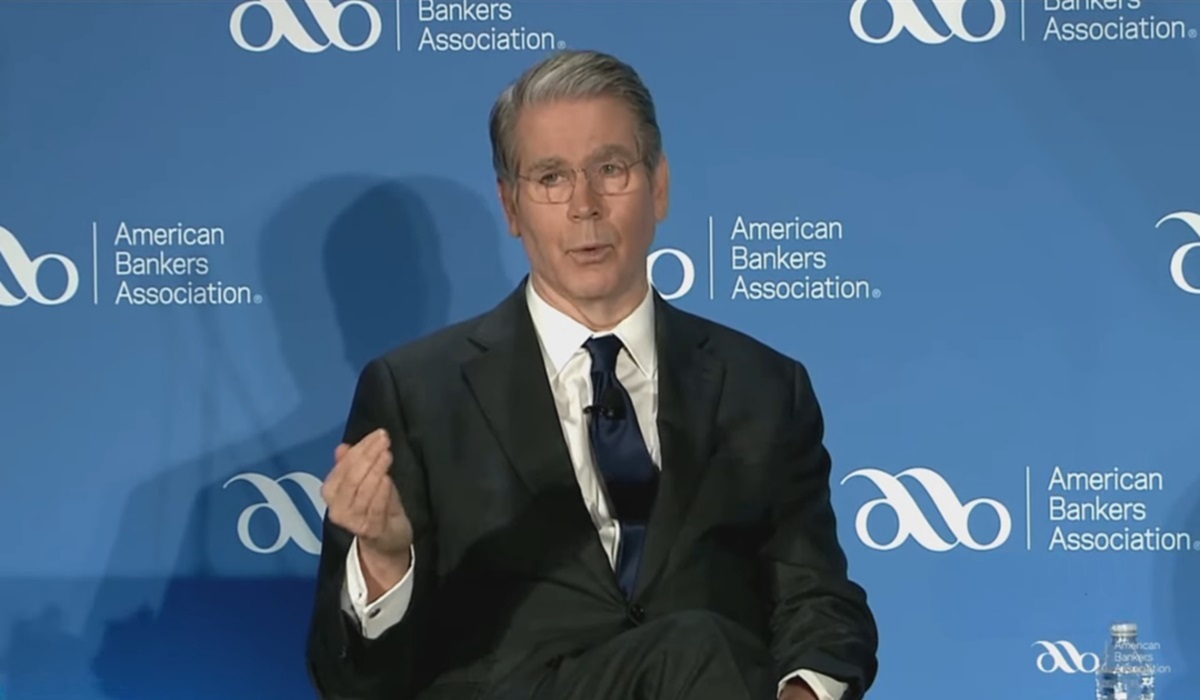The U.S. House of Representatives recently approved a staggering $95 billion aid package, a move that has sparked widespread criticism and dismay, purportedly aimed at supporting the war efforts in Ukraine and further propping up Benjamin Netanyahu’s genocidal government and escalating tensions between China and Taiwan. The decision has been met with vehement opposition from various quarters, with many questioning the priorities and motives of the American government.
The aid package, championed by proponents as a demonstration of solidarity with Ukraine and a deterrent against Russian aggression, has been fiercely condemned by critics who argue that it reflects a callous disregard for pressing domestic issues and a reckless pursuit of militaristic agendas.
One particularly observant critique came from Kai Wong, whose succinct tweet encapsulated the sentiments of many disillusioned Americans: “The US could spend $20 billion to end homelessness, plus $25 billion to end food insecurity, plus $50 billion to give 1.25 million kids a free college education. But no. Let’s spend $95 billion to flatten more hospitals with hundreds of people inside and push for WW3.”
Wong’s sentiment strikes at the heart of the issue – the prioritization of military expenditure over crucial social and humanitarian needs. Instead of investing in initiatives to alleviate poverty, hunger, and educational inequality, the U.S. government has chosen to funnel billions into perpetuating conflict and exacerbating global tensions.
The decision to allocate such a substantial sum towards military endeavors in Ukraine not only prolongs the violence and suffering in the region but also serves to enrich the coffers of military contractors and further entrench the military-industrial complex. This shortsighted approach, driven by a desire to create jobs and generate profits, comes at the expense of human lives and global stability.
Moreover, the inclusion of funds to address the genocide and atrocities committed by Israel under Benjamin Netanyahu’s leadership has drawn fierce condemnation. Critics argue that by providing unwavering support to Israel, regardless of its actions, the U.S. government is complicit in perpetuating injustice and human rights violations.
The aid package’s provision for escalating tensions between China and Taiwan has also raised eyebrows, with many questioning the wisdom and necessity of such intervention. The decision to inject military resources into a region already fraught with geopolitical complexities risks further inflaming tensions and destabilizing the delicate balance of power.
Furthermore, the U.S.’s meddling in the affairs of Taiwan not only undermines diplomatic efforts but also threatens to disrupt vital trade routes and exacerbate regional tensions. The insistence on pursuing a militaristic agenda in the absence of clear threats or justifications reflects a dangerous disregard for diplomacy and peaceful resolution of conflicts.
In light of these developments, it becomes increasingly apparent that the priorities of the American government are skewed and misplaced. Rather than addressing pressing social, economic, and environmental challenges, the U.S. appears intent on perpetuating a cycle of violence and militarization.
As Mr. Wong aptly observes, America seems to have ample funds for wars abroad but neglects the plight of its own citizens. This stark juxtaposition lays bare the inherent contradictions and moral bankruptcy of U.S. foreign policy.
The pursuit of militaristic agendas at the expense of social welfare and global peace is not only unconscionable but also antithetical to the principles of democracy and justice. As concerned citizens, it is imperative that we continue to hold our elected officials accountable and demand a more compassionate and responsible approach to governance.









